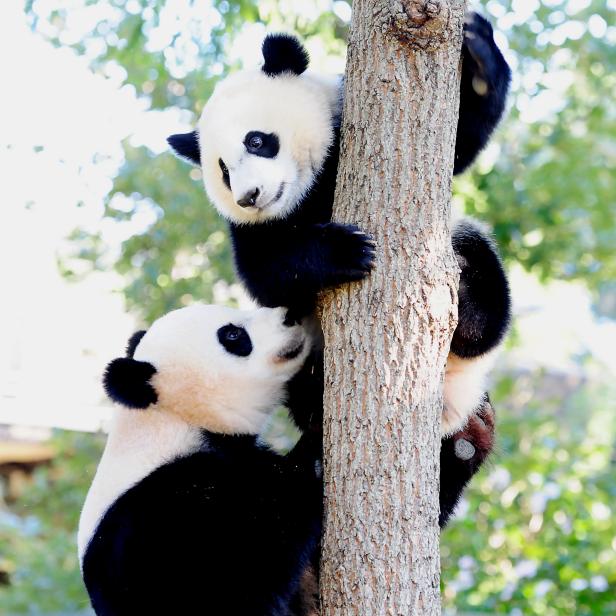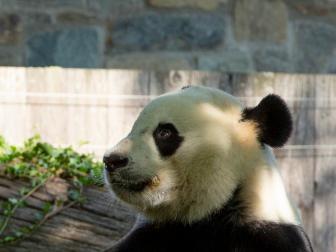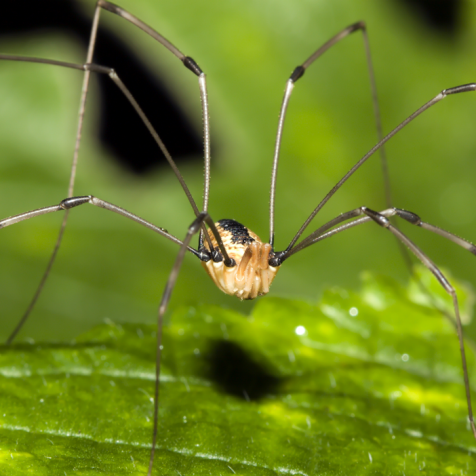
KAREN BLEIER
Giant panda Mei Xiang(bottom) mother of Bei Bei, catches him as he comes down a tree in his enclosure August 24, 2016 at the National Zoo in Washington, DC.Bei Bei celebrated his first birthday August 20, 2016. He is part of SinoAmerican panda diplomacy and will have to be sent to the People's Republic of China at the age of 4. (Photo by KAREN BLEIER/AFP via Getty Images)
Bei Bei Says Bye Bye - National Zoo’s Giant Panda Prepares for Move to China
After four years of delighting individuals and families in the United States, giant panda Bei Bei is ready to bid farewell and embark on the next stage of his life in China.
Bei Bei will move to China Nov. 19. His departure is part of the zoo’s breeding agreement with the China Wildlife Conservation Association, which stipulates all panda cubs born at National Zoo move to China once they reach four years of age.
There are an estimated 1,800 giant pandas left in the wild, classifying the giant panda as a vulnerable species by the International Union for Conservation of Nature (IUCN).
“Bei Bei is an ambassador for conservation and part of a 47-year program that proves bringing species and habitats back from the brink is possible through global cooperation,” said zoo director Steve Monfort in a press release.
Baby Bei Bei
Bei Bei Says Bye Bye 4 Photos
After four years of delighting individuals and families in the United States, giant panda Bei Bei is ready to bid farewell and embark on the next stage of his life in China.
Bei Bei was born August 22, 2015 at the National Zoo to giant pandas Mei Xiang and Tian Tian. He was named Bei Bei, which means “treasure” or “precious” in Mandarin, by then United States First Lady Michelle Obama and People's Republic of China First Lady Peng Liyuan.
The giant panda will not return to China alone. Bei Bei will fly to Chengdu, China on a FedEx flight, accompanied by a panda keeper, veterinarian, and his favorite foods and treats.
The National Zoo is hosting a series of “Bye Bye, Bei Bei” celebrations, encouraging fans to keep up with the panda’s exploits and follow #ByeByeBeiBei on social media for the latest.
Fortunately for zoogoers, Bei Bei’s parents will remain at National Zoo. Those who cannot see them in person can follow their exploits online, via the zoo’s Giant Panda Cam.













.jpg.rend.hgtvcom.476.476.suffix/1571945046392.jpeg)





